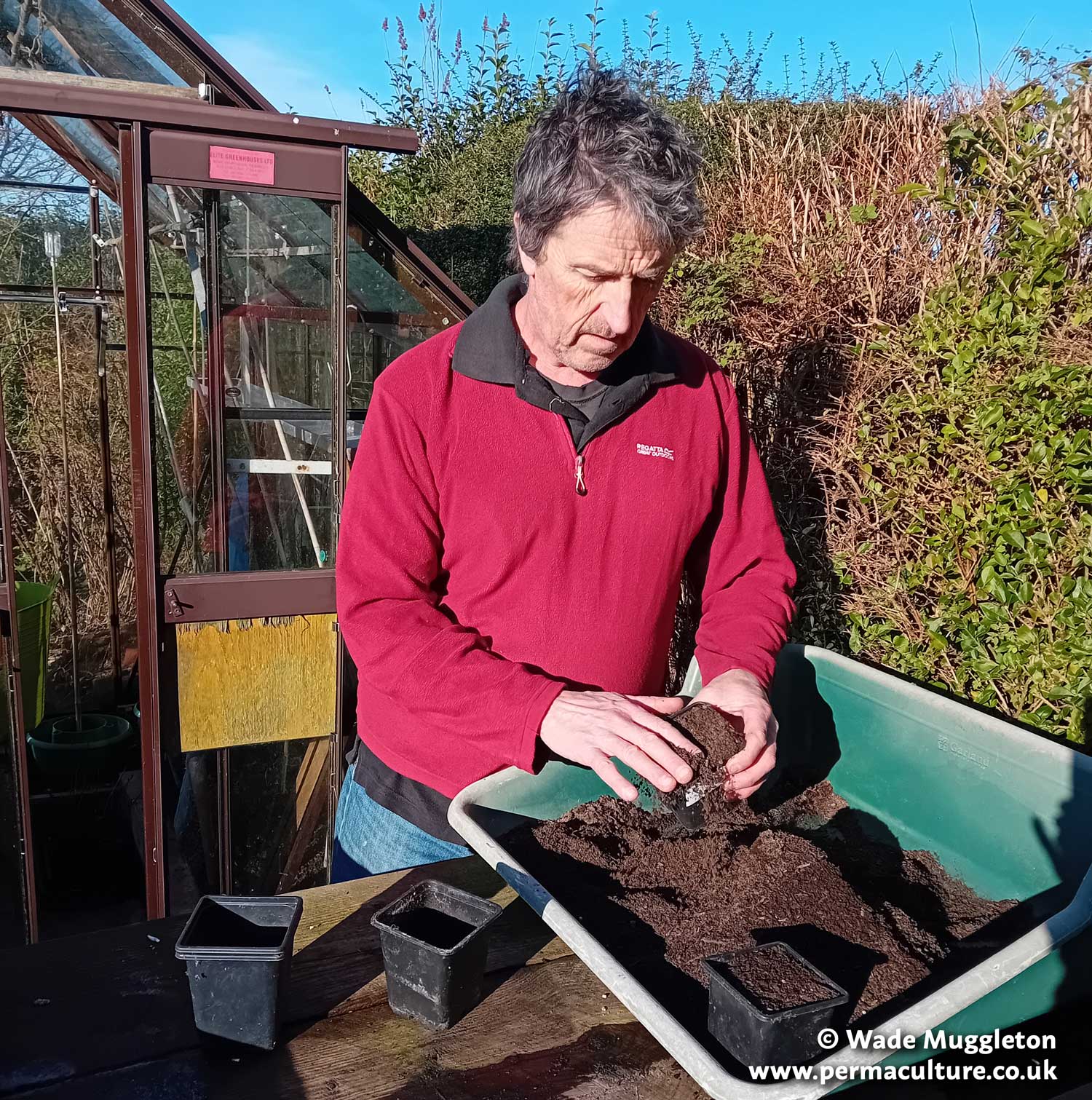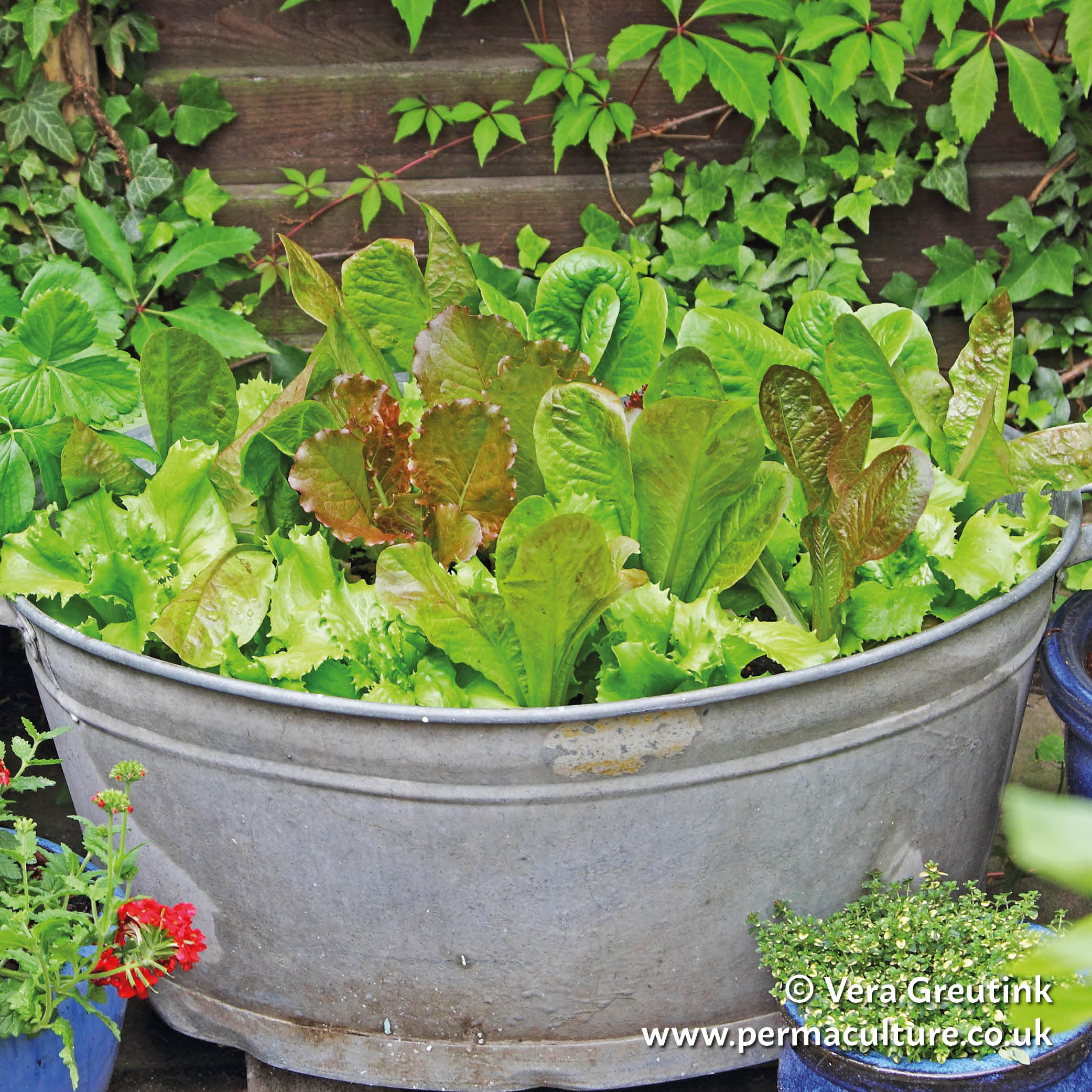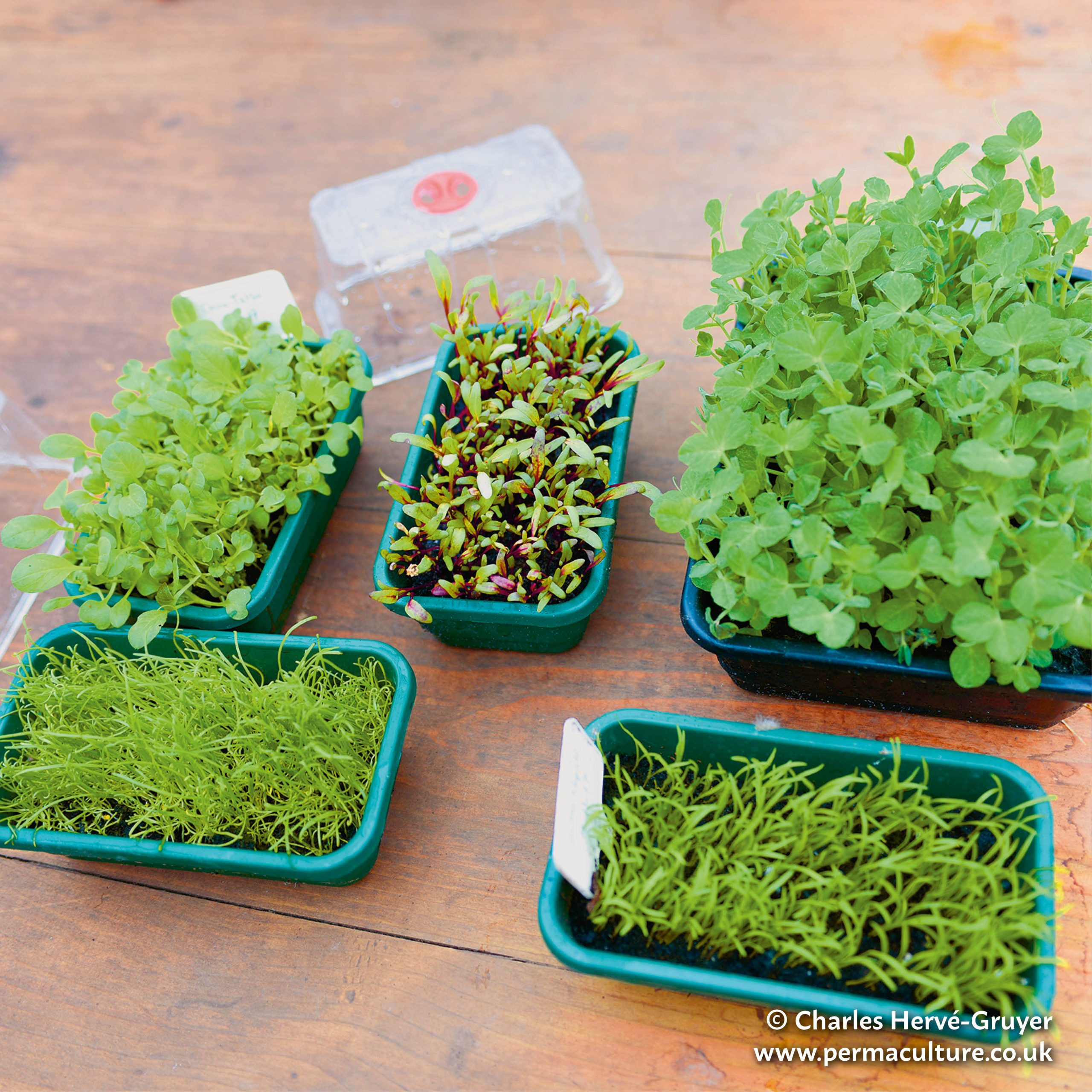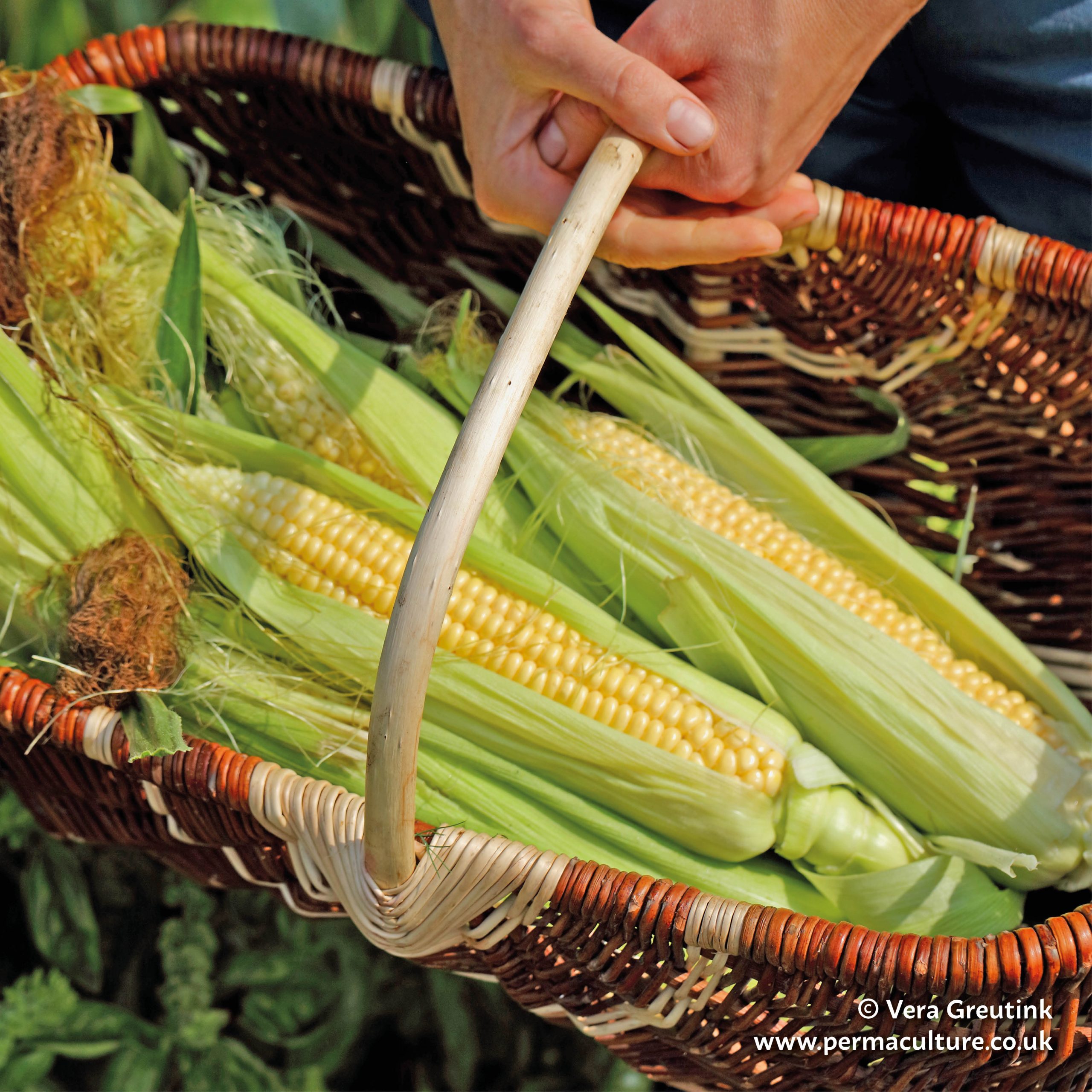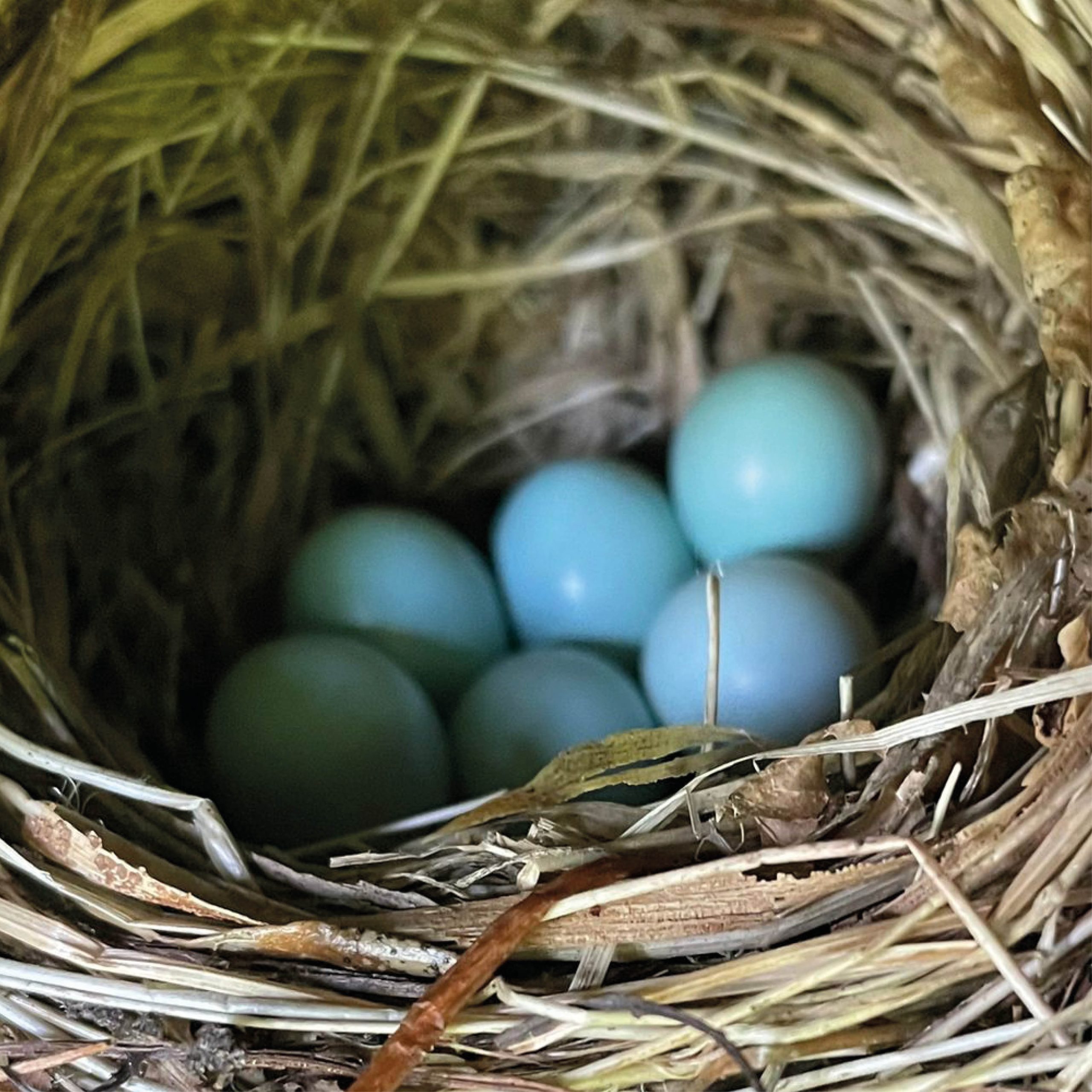Ross Mars’ Basics of Permaculture Design was one of the first books I read when first becoming interested in permaculture during the ’90s. As the title suggests, this was very much a ‘does what it says on the tin’ manual, full of practical advice, and whilst not as detailed or in depth as, say, Bill Mollison’s A Designers’ Manual, it was easier to follow for a newcomer, and certainly more portable for on-site reference!
How To Permaculture Your Life is also more practical than theoretical. As Mars points out, there are already many books exploring the permaculture ethics, principles and philosophy. Instead this is a collection of strategies, techniques and useful information about plants, technology and materials, a resource book for not only surviving but thriving in the Anthropocene era.
From multinationals patenting and modifying the genetic code of our staple food crops, to housing markets driven by the whims of faceless financial investment companies, our most basic human needs are increasingly dependent upon inhuman scale globalised and corporate systems over which we seem to have little direct agency or control. Yet despite their monolithic appearance, these edifices of power are in reality extremely brittle – Climate instability; Peak oil, soil and water and issues around food sovereignty are factors that are fast causing the current paradigm to unravel as its inherent fragility is exposed.
Mars doesn’t have much space for complex arguments about the whys and wherefores, but sees, as self-evident from his years of hands-on experience gained from setting up Candlelight Permaculture Farm in Perth, that the key to sustainable and resilient living is about returning to more human-scale approaches to food growing and community relationships. The bulk of the book therefore consists of clear, readable chapters chock full of advice on garden planning, soil health, growing vegetables, herbs, fruit and nut trees and other edible crops, water harvesting, understanding landscape and keyline and other aspects of regenerative farming.
In addition there are sections on small space living strategies, renewable energy production and efficiency, and other forgotten skills that our forbears took for granted. No section goes into too much depth, and the information is often presented in a handy checklist format augmented with clear line drawings, diagrams and handy little memory-friendly acronyms, giving an empowering sense of ‘yeah, I could do that!’, but with plenty of leads to follow for more details. Learning how to reskill and permaculture our lives will be increasingly vital as the collapse narrative continues to unfold over the coming years, and this book is a great primer to set us on our way.
Graham is an author and permaculture teacher and runs permaculture courses in North London through Naturewise and in West Essex at Dial House and is the founder of Spiralseed, an ethical organisation based around the three principles of permaculture, Earthcare, Peoplecare and Fair Shares.

